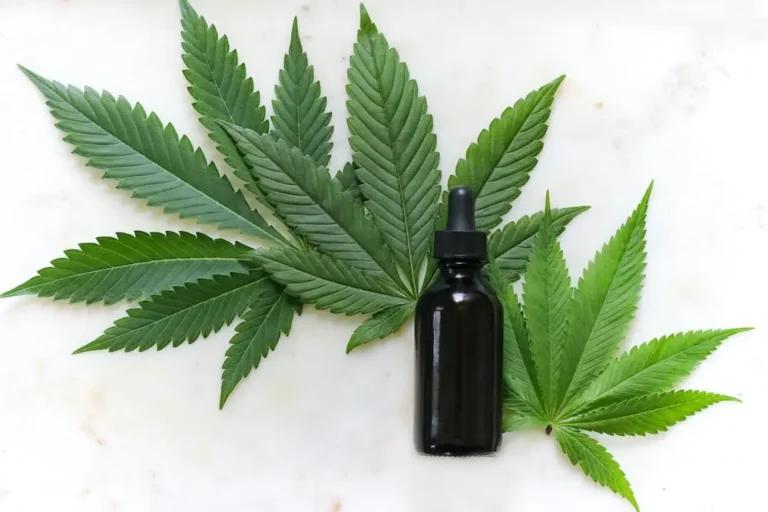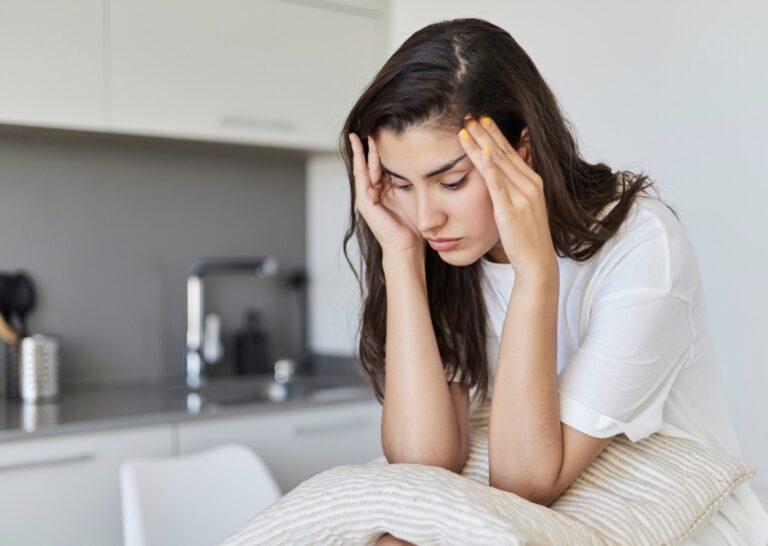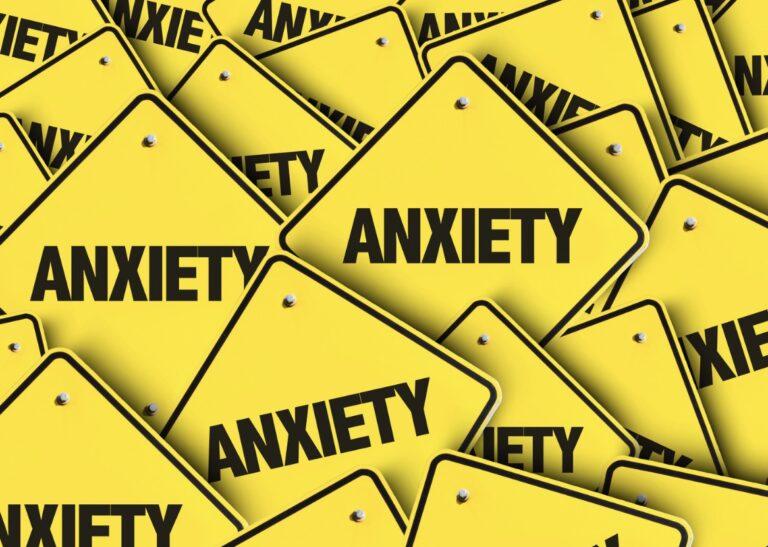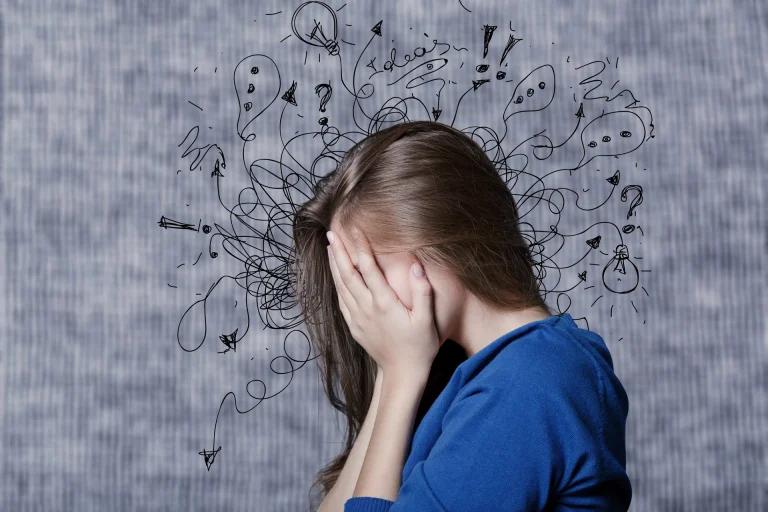In recent years, there has been a surge in the popularity of cannabidiol (CBD) products, with claims ranging from chronic pain relief to improved sleep and other health benefits. One area where CBD has gained significant attention is its potential to treat anxiety. Many people are turning to CBD as a natural alternative to traditional anxiety treatments. However, it’s crucial to understand the science behind CBD’s effects on anxiety and the safety considerations before incorporating it into your wellness routine. In this comprehensive guide, we will explore the current research on CBD for anxiety, its potential benefits, and the important factors to consider when using CBD products.
Understanding CBD
CBD, short for cannabidiol, is a chemical compound found in the cannabis plant. It is one of many cannabinoids, the active compounds in cannabis. Unlike tetrahydrocannabinol (THC), CBD does not produce a psychoactive effect or the feeling of being “high” associated with cannabis use. CBD is typically derived from hemp, a plant in the cannabis family with low THC levels. It can be extracted and processed into various forms, such as oils, capsules, creams, and edibles.
The science behind CBD and anxiety
According to the American Psychiatric Association, up to 30% of American adults will experience anxiety at one point in their lives. Anxiety disorders such as social anxiety disorder and obsessive-compulsive disorder are common mental health conditions characterized by excessive worry, fear, and nervousness. They can significantly impact a person’s quality of life and overall well-being. Research into CBD oil’s ability to relieve various types of anxiety is promising but still in its early stages. The Food and Drug Administration (FDA) has yet to approve any CBD-based medications for anxiety. The only FDA-approved medicinal use of CBD is as a treatment for several epilepsy syndromes under the brand name Epidiolex.
Animal studies
Numerous animal studies have demonstrated that CBD may have anxiolytic (anti-anxiety) effects. These studies have shown that CBD can reduce anxiety-like behaviors in animals, suggesting its potential as a treatment for anxiety disorders.
Human studies
Although human clinical trials on CBD and anxiety are limited, some research has shown positive outcomes. A small study published in 2011 found that CBD reduced anxiety symptoms in people with social anxiety disorder. Another study from 2019 showed that CBD was more effective than a placebo in reducing anxiety symptoms in teenagers with social anxiety.
Mechanisms of action
The exact mechanisms by which CBD exerts its anxiolytic effects are still being investigated. CBD interacts with the endocannabinoid system (ECS), a complex network of receptors and neurotransmitters in the body involved in regulating various physiological processes, including mood and stress response. CBD may modulate the activity of the ECS and influence the levels of neurotransmitters such as serotonin, which plays a key role in mood regulation.
Potential benefits of CBD for anxiety
While more research is needed to fully understand CBD’s effects on anxiety, some preliminary evidence suggests that CBD may offer the following benefits:
Reduction in generalized anxiety
Generalized anxiety disorder (GAD) is characterized by persistent and excessive worry. Some studies have shown that CBD may help reduce symptoms of GAD, leading to an improved sense of calm and well-being.
Relief from social anxiety
Social anxiety disorder is a common form of anxiety characterized by fear and avoidance of social situations. CBD has shown promising results in reducing anxiety symptoms in individuals with social anxiety, helping them feel more comfortable in social settings.
Alleviation of Post-Traumatic Stress Disorder (PTSD) symptoms
PTSD is a mental health condition that occurs after experiencing or witnessing a traumatic event. CBD may have therapeutic potential in managing PTSD symptoms, such as intrusive thoughts and nightmares, by modulating the stress response and promoting relaxation.
Improved sleep quality
Anxiety often disrupts sleep patterns, leading to insomnia and poor sleep quality. CBD has been reported to have a calming effect, which may help individuals with anxiety achieve better sleep and wake up feeling more rested.
Potential as an adjunct therapy
CBD may also have the potential as an adjunct therapy for anxiety, meaning it can be used alongside other treatments to enhance their effectiveness. Some individuals find that combining CBD with traditional therapies, such as cognitive-behavioral therapy (CBT), produces better outcomes in managing anxiety.
Safety considerations and potential side effects
CBD is generally considered safe, but it’s essential to be aware of potential side effects and interactions with other medications. Some common side effects of CBD include:
Dry mouth
CBD may cause a temporary decrease in saliva production, leading to a dry or cottonmouth sensation. Staying hydrated can help alleviate this symptom.
Drowsiness
CBD has a calming effect and may cause drowsiness, especially when taken in higher doses. It’s important to avoid driving or operating heavy machinery until you know how CBD affects you.
Changes in appetite
CBD may affect appetite, causing either an increase or decrease in hunger. These effects can vary from person to person.
Potential drug interactions
CBD can interact with certain medications, including blood thinners, antidepressants, and antiepileptic drugs. CBD can interact with enzymes that are essential for drug metabolism. If you are taking any medications, it’s crucial to consult with your healthcare provider before using CBD to ensure it won’t interfere with your treatment.
Choosing and using CBD products
When selecting CBD products, it’s important to consider the following factors:
Quality and source
Choose high-quality CBD products from reputable manufacturers that provide third-party lab testing to ensure product potency and purity. Look for CBD derived from organic hemp plants and avoid products with additives or contaminants.
Dosage and administration
Products come in various forms, including CBD gummies, CBD oils, CBD lotions, CBD capsules, CBD tinctures, CBD topical lotions, CBD spray, CBD vaping and CBD gummies. Start with a low dose of CBD and gradually increase until you achieve the desired effect. Follow the product instructions and consult with a healthcare professional for personalized guidance.
Legal considerations
CBD’s legal status can vary by state and country. Familiarize yourself with local laws and regulations to ensure compliance.
Individual factors
Each person may respond differently to CBD, so it’s important to listen to your body and adjust dosage or administration methods accordingly. Keep track of your experience and consult with a healthcare provider if needed.
Conclusion
While CBD oil for anxiety shows promise as a potential treatment, more research is needed to fully understand its effects and mechanisms of action. It’s important to approach CBD as a complementary therapy and to consult with a healthcare professional for medical advice before incorporating it into your wellness routine, especially if you are currently taking any medications or dietary supplements. By making informed choices and using CBD responsibly, you can explore its potential benefits for anxiety management and overall well-being.
Sources
- CBD for Depression and Anxiety: Does It Work?
- Cannabidiol (CBD): What we know and what we don’t – Harvard Health
- Does CBD Help With Anxiety? – Cleveland Clinic
Medical Disclaimer
NowPatient has taken all reasonable steps to ensure that all material is factually accurate, complete, and current. However, the knowledge and experience of a qualified healthcare professional should always be sought after instead of using the information on this page. Before taking any drug, you should always speak to your doctor or another qualified healthcare provider.
The information provided here about medications is subject to change and is not meant to include all uses, precautions, warnings, directions, drug interactions, allergic reactions, or negative effects. The absence of warnings or other information for a particular medication does not imply that the medication or medication combination is appropriate for all patients or for all possible purposes.









